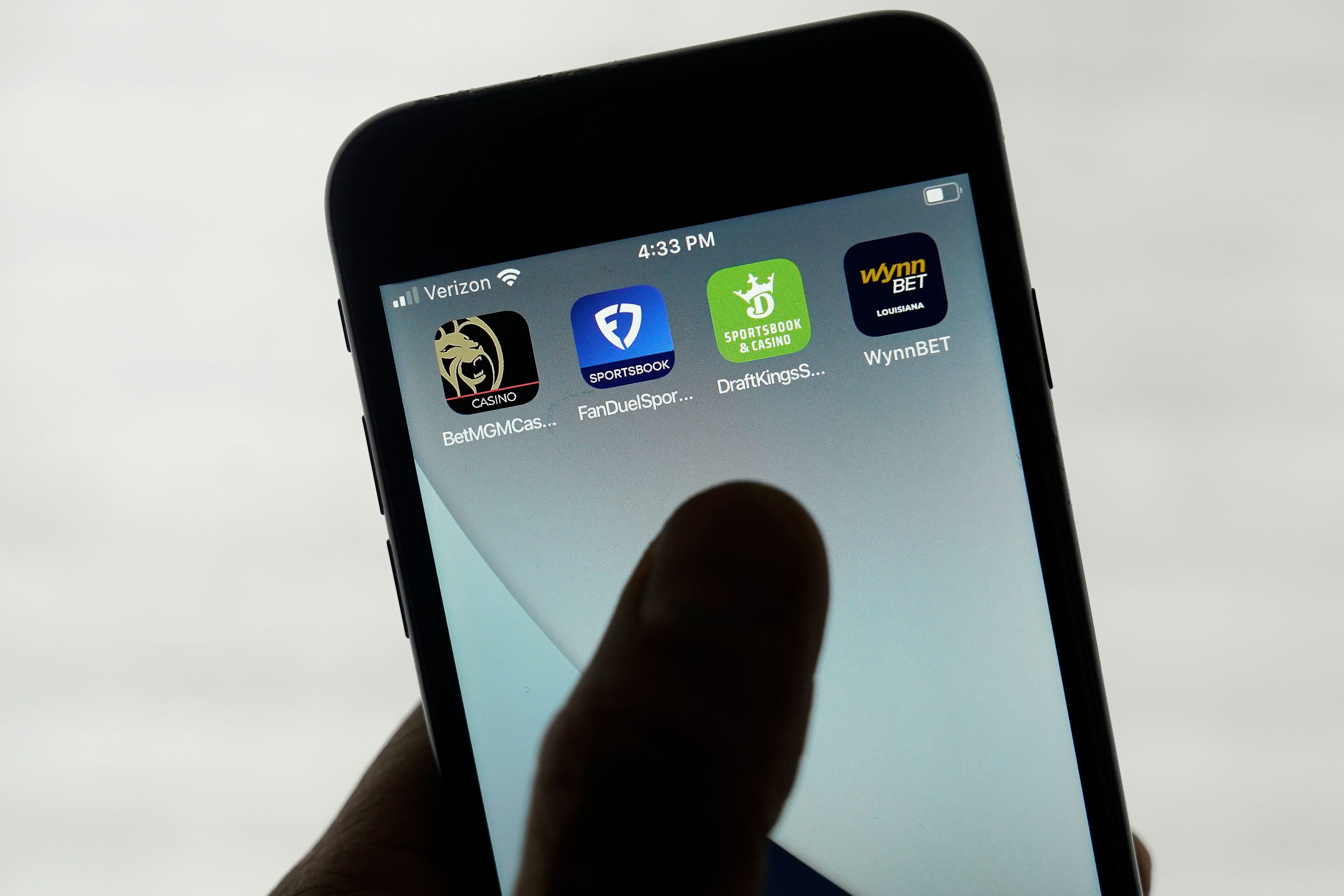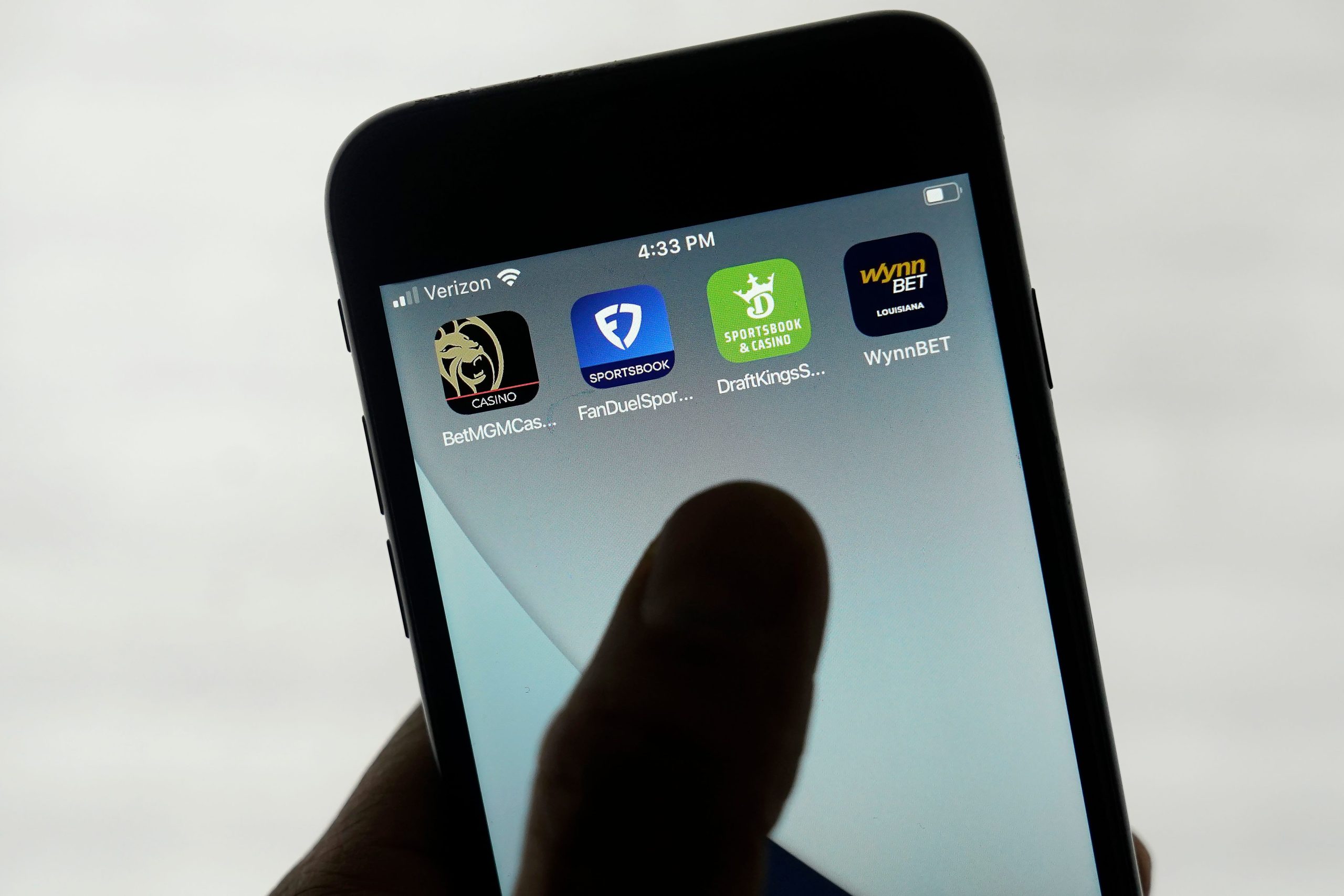
For years, Ohioans pontificated about what impact legalized sports betting would have on our state. With one year’s worth of data in the books, we now know more. And more importantly, we now must do more to ensure less destructive and more responsible behaviors.
Calls to Ohio’s problem gambling helpline increased 55% in the first year of legalized sports betting in Ohio – from 6,835 calls placed in 2022 to 10,637 in 2023. It’s not a surprise that the calls increased because people can bet on sports virtually every day of the calendar year. Ohioans can also place bets dozens of ways, before and during big games like the Super Bowl or on other, less popular sporting events. It’s easy to lose a lot in a short time.
We now know Ohio is following a national trend where diverse groups of Americans are seeing increased issues with problem gambling: No age, gender, or race is immune to problem gambling. The number of people estimated to have a gambling disorder increased to 2.8% – this represents approximately 255,000 individuals among Ohio’s adult population. More than 1.8 million adult residents in Ohio can be categorized as low-risk, moderate-risk, or problem gamblers. That’s almost one in five Ohioans.
Ohio sets gambling records: Now legal, Ohioans are gambling away money at warp speed
We also know individuals experiencing disordered gambling have higher prevalence rates of substance use, mental health diagnoses, and thoughts of suicide. The gambling issue may not directly impact you, but the social costs of problem gambling probably will.
Safer sports betting is possible. Ohio resources can help.
If we’ve learned anything in Ohio from the first year of legalized sports betting, it’s these two simple truths: There is so much work to do, and progress is possible.
Ohio is one of the only states in America with a “Warm Transfer” helpline. Calls to the helpline increased 67% from 2022 to 2023. When someone experiencing issues with problem gambling is in crisis, the helpline can create life-altering outcomes by connecting them with immediate local resources.
Could Ohio ban college sports prop bets? Gov. Mike DeWine, NCAA president Charlie Baker support
We also can do more to identify potential problems before they become potential catastrophes.
- Parents and those working with children and teenagers can use evidence-based tools from a program called Change The Game Ohio to have frank conversations about gaming, sports and other possible forms of gambling.
- Adults can use a tool like Pause Before You Play to build a structure for safer gambling. We know when people set betting limits with their money and time, it helps them better understand when to stop and when a hobby might be turning into a problem. The site also gives people prompts to help them have conversations about gambling with people of any age.
- Anyone in Ohio can visit either site for free customized toolkits and resources.
There are gambling ads all around us. Let’s have conversations about the potential pitfalls. This issue impacts families, businesses, nonprofits and community groups. If we are going to truly address problem gambling, conversations about responsible behavior need to occur in those same spaces. Mentors and advisers can have a profound impact on someone’s life, and we’ve worked diligently to empower those mentors to properly discuss responsible gambling in Ohio.
Gambling isn’t a taboo subject anymore. It’s everywhere, every day. When we tackle the issue in front of us with evidence-based tools, people can bet in a positive way. When we pretend the issue of problem gambling doesn’t exist, it only gets worse.
Anyone concerned about their gambling or that of someone in their life should call Ohio’s Problem Gambling Helpline, which connects individuals with local resources that are free and confidential. Trained and understanding specialists will answer 24/7 at 1-800-589-9966 or text 4HOPE to 741741.
Amanda Blackford, Director of Operations & Problem Gambling Services, Ohio Control Commission Derek Longmeier, Executive Director, Problem Gambling Network of Ohio
